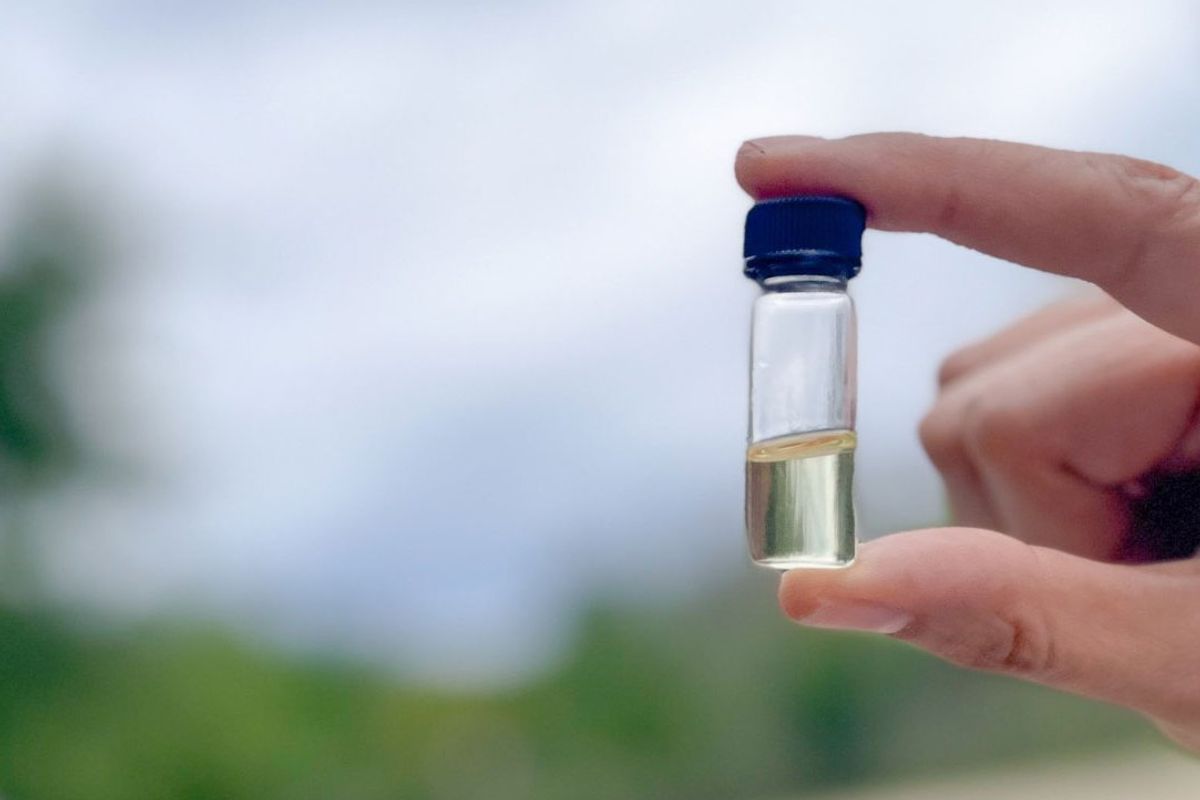Houston hub for clean energy startups names global founding partners
green team
EnergyTech Nexus, a Houston-based hub for clean energy startups, announced its coalition of Global Founding Partners last month at its Pilotathon event during Houston Energy and Climate Week.
The group of international companies will contribute financial and technical resources, as well as share their expertise with startup founders, according to a news release from EnergyTech Nexus.
“Our Global Founding Partners represent the highest standards of industrial leadership, technical expertise and commitment to innovation,” Juliana Garaizar, co-founding partner of EnergyTech Nexus, added in the release. “Their collaboration enables us to connect groundbreaking technologies with the resources, infrastructure, and markets needed to achieve global scale.”
Houston-based partners include:
- Cemvita Inc.
- Chevron Technology Ventures
- Collide
- Greentown Labs
- Kauel
- Oxy Technology Ventures
- Revterra
- Sunipro
“At Collide, we believe progress happens when the right people, data, and ideas come together. Partnering with EnergyTech Nexus allows us to support innovators with the insights and community they need to accelerate deployment at scale,” Collin McLelland, co-founder and CEO of Collide, a provider of generative artificial intelligence for the energy sector, said in the release.
"Revterra is thrilled to be a founding member of the EnergyTech Nexus community," Ben Jawdat, founder and CEO of kinetic battery technology company Revterra, added. "Building a strong network of collaborators, customers, and investors is critical for any startup — particularly when you're building novel hardware. The Energytech Nexus community has been incredible at bringing all of the right stakeholders together."
Other partners, many of which have a strong presence in Houston, include:
- BBVA
- EarthX
- Endress+Hauser
- Goodwin
- Greenbackers Investment Capital
- ISR Energy
- Latham & Watkins LLP
- Ormazabal
- Repsol
- STX Next
- XGS Energy
Jason Ethier, co-founding partner of EnergyTech Nexus, said that partnerships with these companies will be "pivotal" in supporting the organization's community of founders and Houston's broader energy transition sector.
“The Energy and Climate industry deploys over $1.5 trillion in capital every year to meet our growing energy demands. Our global founding partners recognize that this energy must be delivered reliably, cost effectively, and sustainably, and have committed to ensuring that technology developed without our ecosystem can find a path to market through testing and piloting in real-world conditions," Ethier said. "The ecosystem they support here solidifies Houston as the global nexus for the energy transition.”
EnergyTech Nexus also recently announced a "strategic ecosystem partnership" with Greentown Labs, aimed at accelerating growth for clean energy startups. Read more here.










